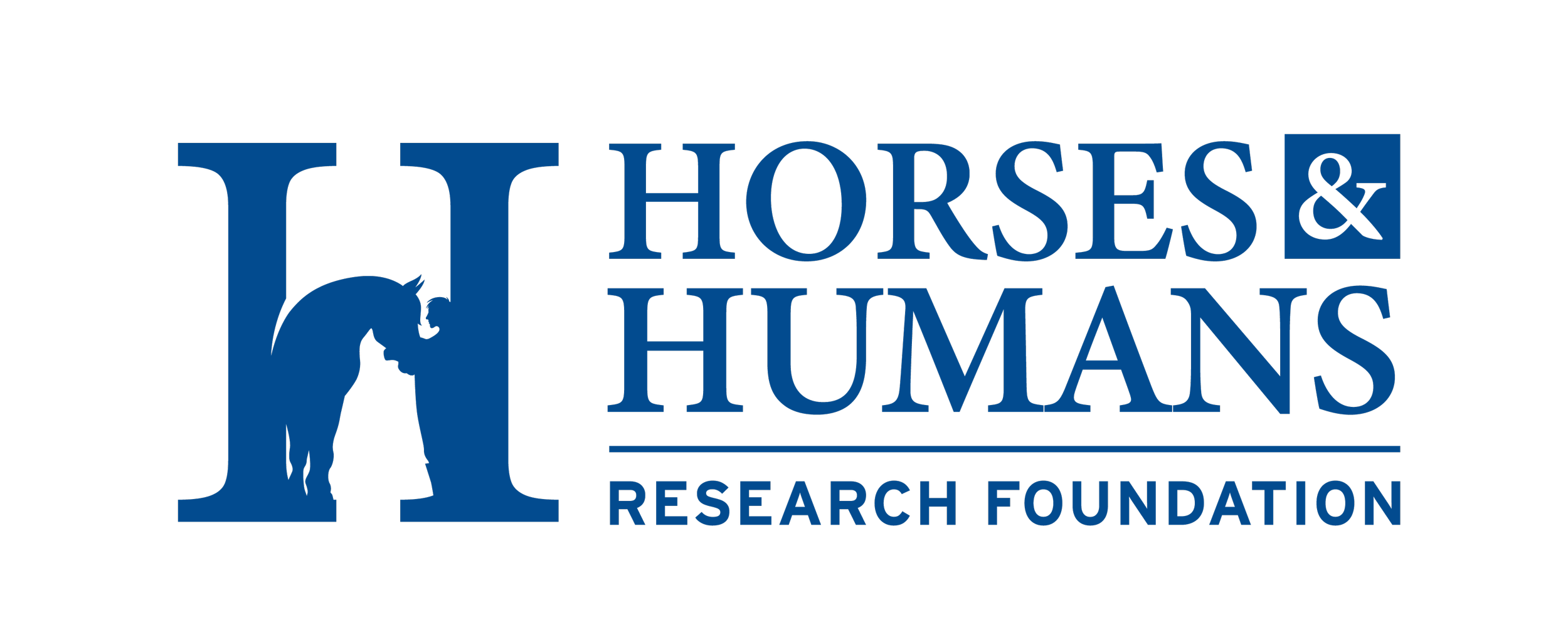Topic: Methods, Rationality, and Phenomenology in Medical Research
Tagline: Western and alternative methodologies for complex multi-component interventions such as equine-assisted learning and therapies
Description: Review of criteria for gold standard medical research and introduction of the Harvard Medical School Ba Gua model for tai chi and related studies. Tai chi as a medical intervention has much in common with EAL/P/TR. I will also describe my work in Stanford Medicine and Horsemanship, a course for medical students and healthcare professionals in communication, teamwork, leadership, and self-care; and Stanford Equine-imity—Stress Reduction and Emotional Self-Regulation in the Company of Horses
Beverley Kane, MD, is Adjunct Clinical Assistant Professor of Medicine in the Stanford Division of Primary Care and Population Health. She is the program director for Stanford Medicine and Horsemanship which teaches communication, teamwork, leadership and self-care to medical students and healthcare professionals; Stanford Equine-imity—Stress Reduction and Emotional Self-Regulation using qigong with horses; and Stanford Medical Tai Chi, which teaches medical research methodologies as well as taiji practice.
Dr. Kane was certified to Level III by the Equine-Assisted Growth and Learning Association (EAGALA) and as a Level I Riding Instructor by the Certified Horsemanship Association.
Her private practice, established in 2003, is Horsensei Equine-Assisted Learning & THerapy (HEALTH)

